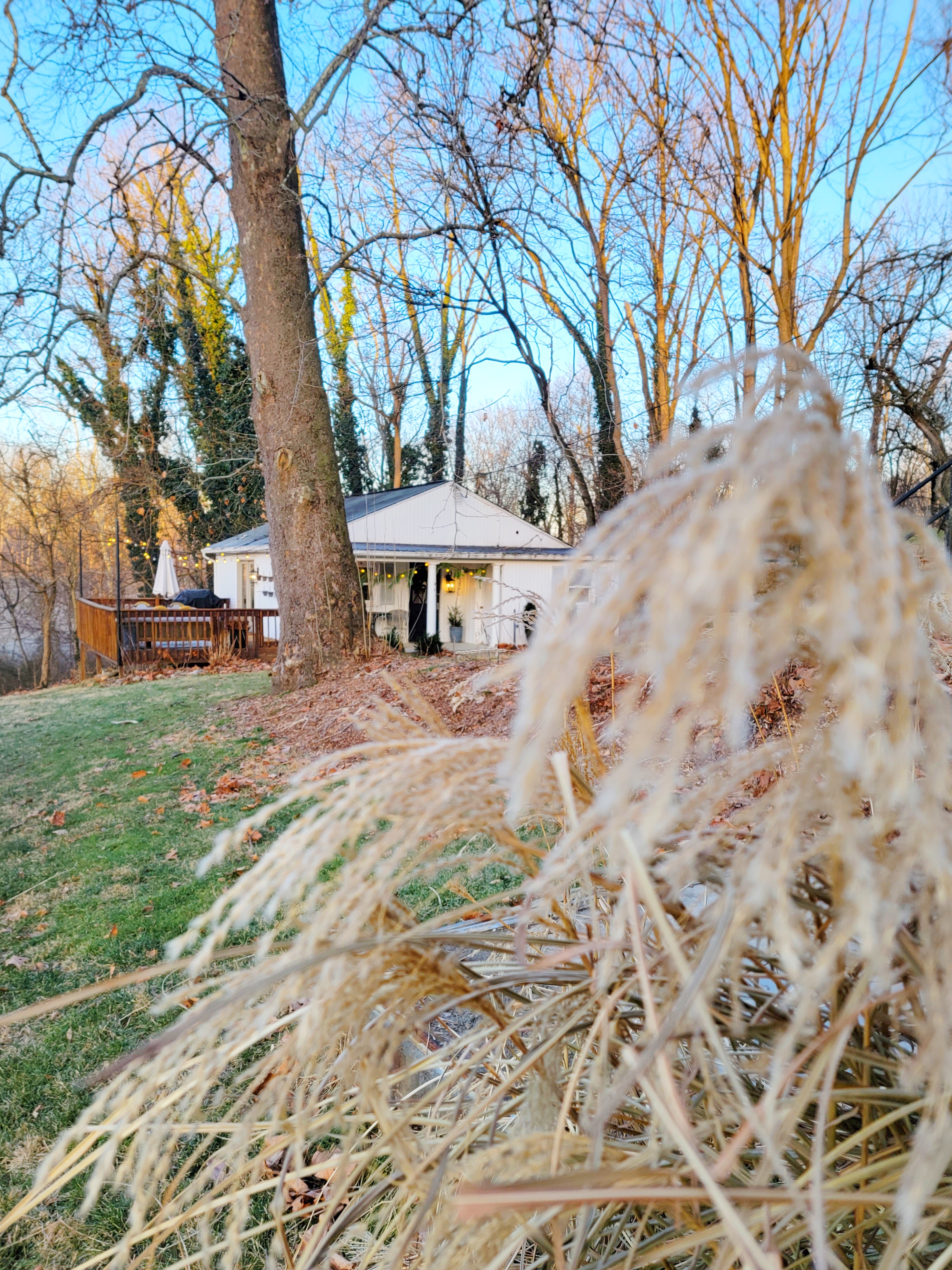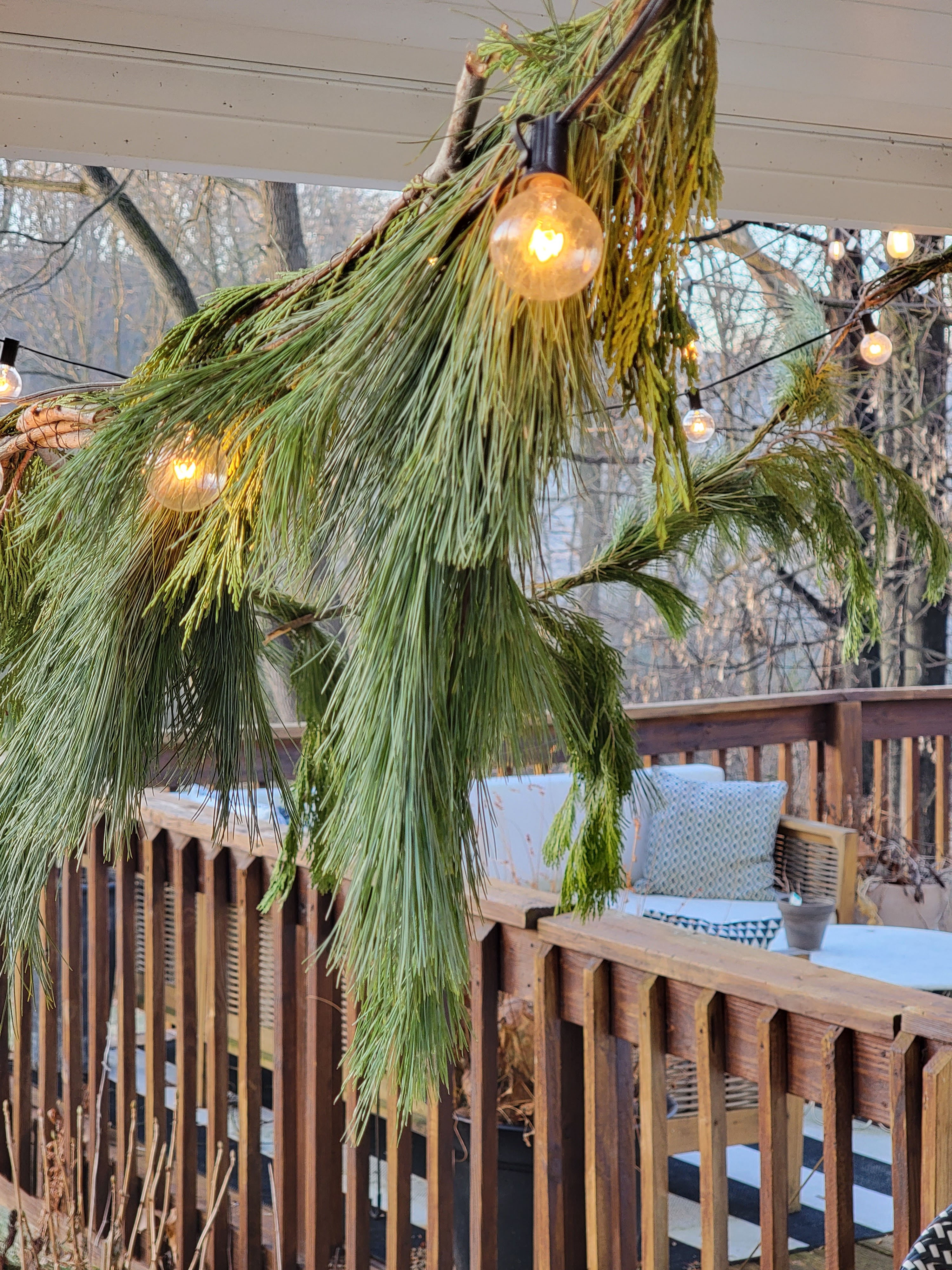Exercise is important for maintaining physical and mental health. It keeps your body in optimum shape and releases endorphins that boost your mood and alleviate anxiety and depression. However, it's easy to get injured when working out. Statistics indicate that approximately 21.5% of people get hurt when exercising. Fortunately, you can prevent this with the right tips, including the following.
If you're new to exercise or starting a new workout routine, it's important to gradually increase your intensity and duration. This will give your body time to adapt and reduce the risk of injury. Consequently, start with activities that are easier on your body, such as walking, swimming, or yoga. Also, take a few minutes to warm up before you start your workout and cool down afterward. This way, your body will be prepared for subsequent activities. Stop and take a break if you're feeling pain or discomfort while exercising. It's important to pay attention to your body and not push yourself too hard.
Proper workout clothes are designed to be comfortable and allow a full range of movement, helping you focus on your workout rather than being distracted by discomfort. Additionally, it can also help prevent injuries while enhancing your performance. Seeing these perks, you want to invest in the right attire if you haven't already. As a tip, factor in your specific workout activities for a more informed decision. For instance, shoes with good support and professional compression socks are great for cycling and walking, so keep this in mind.
Proper form is important for reducing the risk of injury and maximizing the benefits of your workouts. Pay attention to your posture and technique, and don't hesitate to ask a trainer or coach for help if you're unsure. You can also research your preferred workouts for more information on improving your form.
Using the right equipment is important for preventing injuries. For example, if you are lifting weights, be sure to use weights appropriate for your level of strength, and always use a spotter if you are unsure.
It's important to stay hydrated while exercising, especially if you're sweating a lot. Dehydration can increase your risk of injury and impair your performance. Drink water before, during, and after your workout. Aim for at least 17 ounces (500 mL) of water 2-3 hours before exercising, 8 ounces (240 mL) of water every 15-20 minutes during your workout, and 8 ounces (240 mL) of water within 30 minutes after exercising. Fruits and vegetables like watermelon, cucumbers, and berries can help keep you hydrated, so feel free to leverage them.
These tips can help reduce your risk of injury while working out and get the most out of your workouts, so feel free to consider them. Remember, if you're ever in doubt about your ability to complete a workout or are experiencing pain, it's always a good idea to consult a medical professional.
*contributed post*
Happy Wednesday friends! I am so excited to share that Caravan Sonnet is expanding and we are hiring a new position!! This is a part-time pinterest virtual assistant position! This is the perfect position if you are looking for a small part-time job from home or a college student looking for experience in the marketing world! If you are interested in joining the team please feel free to reach out! Applications and resumes will be considered through January 20th with a target start date of February 1st!
Caravan Sonnet Part-Time Virtual Assistant Position
Responsibilities:
*monthly check in with Rebecca
* creating new pins for Pinterest (with a specific focus on Caravan Sonnet Shoppe pins)
*create pins through Canva
*create listings using the right attributes
*sharing pins and scheduling pins throughout the month
*keyword and hashtag research and implementation
* Monthly requirement goal of 25-50 pins a month
Qualifications:
* interest in Caravan Sonnet Shoppe's niche (teaching, education, etc.) and interest in Caravan Sonnet's niche of cozy-luxury haven living and travel
* a desire to work in this field
additional experience is not necessary but is preferred
*proven pinterest growth and success on other accounts
*background in SEO, Keyword optimization, copywriting
Part-Time Information and Pay:
* This position will start at 4-5 hours a month (1 hour a week is required to stay up to date on the creation of new posts and resources in the shoppe) with the opportunity to expand in upcoming months
* $15-$20 an hour depending on experience
*Opportunity for growth and expansion of role
Interested? We Would Love to Have You as Part of the Team!
If you are interested in this position please send a letter of interest along with a resume to caravansonnet@gmail.com . In the subject line please reference "part-time pinterest virtual assistant".
Happy Wednesday Friends!
DIY home renovations are becoming increasingly popular as more people look for ways to save money and get creative with their homes. But some projects should be left to the experts because of safety, complexity, or other factors. Knowing which home improvement projects you can do yourself and which ones you should leave to the pros is essential. This blog will explore what types of home improvement projects require expert help and why novice DIYers should refrain from attempting them. We will also discuss tips on how to find a reliable and trustworthy professional who can help you tackle these larger tasks safely and efficiently.
When DIY Home Improvement Projects Become Dangerous
Home improvement projects can be a fun and rewarding way to spruce up your space. But when it comes to home renovations and repairs, some projects should always be left to the professionals. Doing too much on your own can risk making costly mistakes or sustaining severe injuries. Electrical work, gas line repair, structural foundation work, and roofing are all examples of dangerous DIY endeavors that can lead to disastrous results if not done correctly. It's essential to consider the risk before taking on any project yourself. Some home improvement projects are just too complicated for a DIYer, such as plumbing, especially if you want to lay new pipes, so leave that to a Residential Plumber.
Assessing the Difficulty Level of a Project
Before starting any home improvement project, assess your skills and abilities accurately, so you don't end up in a mess. Ask yourself: can I complete this project safely and effectively? Do I have the appropriate tools and experience to undertake this task successfully? If you need more clarification or feel confident that you can do the job right, it might be best to seek professional help.
Get Expert Advice Before Taking on Major Projects
It's always a good idea to consult with an expert before tackling any major home improvement project. An experienced contractor can help you determine which projects are best suited for DIYers and which should be left to the pros. By getting advice from professionals before commencing a project, you'll know exactly what is involved in completing the job correctly and safely. This will also save you time and money in the long run.
Benefits of Hiring Professional Contractors
Hiring professional contractors has several advantages compared to taking on home improvements yourself. Professional contractors have knowledge of local building codes, have access to quality materials, and are well-equipped with the right tools. Furthermore, hiring professionals will save you time and energy as they can complete the task quickly and efficiently. Additionally, most contractors offer guarantees on their workmanship, which offers peace of mind in case something goes wrong.
What are DIY Home Improvement Projects Safe?
For smaller projects that don't require specialized skills or equipment, do-it-yourselfers can easily take on a variety of home improvement tasks. Minor painting jobs, installing ceiling fans or light fixtures, and sprucing up kitchen cabinets are all relatively straightforward projects that novice DIYers can safely complete. However, it's still essential to research the project before taking it on.
The Bottom Line: Choose Wisely
It's essential to think carefully before taking on any home improvement projects. DIYers should always be mindful of their safety and ability level when tackling a project. Call a professional if you need more certainty or more experience or tools. This will save you time and money in the long run. With that said, there are plenty of safe and rewarding projects for DIYers to take on - choose wisely!
In conclusion, some home improvement projects can be safely completed by DIYers if they have enough knowledge of what is involved and the right tools for the job; however, other, more complex jobs, such as electrical work and roofing repairs, should be left to professionals.
Traveling and going on holiday can be an exciting and enjoyable experience, but it's important to remember to prioritize your safety and well-being. Here are some tips for staying safe while traveling and on holiday.
Image by Asad Photo Maldives on Pexels
1. Research your destination
Before you go, research the local laws, customs, and potential safety risks of your destination. This will help you understand what to expect and how to behave appropriately. Researching your destination beforehand can also help you find reputable and safe accommodation, transportation, and activities, ensuring that your trip goes smoothly.
2. Get vaccinated
Check with your doctor or a travel clinic to see what vaccines you may need based on your destination. It's important to get vaccinated not only for your own protection but also to help prevent the spread of disease to others, particularly those who may be more vulnerable, such as young children or older adults.
3. Purchase travel insurance
Travel insurance can provide coverage for unexpected medical emergencies, trip cancellations, and other unforeseen events. While it may seem like an added expense, travel insurance can provide peace of mind and financial protection in case of unexpected events, such as a medical emergency or flight cancellation.
4. Keep a copy of your important documents
Make copies of your passport, travel insurance, and other important documents and leave them with a trusted friend or family member. Keep the originals in a safe and secure place while traveling. Keeping a copy of your personal documents can also be helpful in the event that your passport or other identification is lost or stolen, as it can make it easier to obtain a replacement while abroad.
5. Be aware of your surroundings
Stay alert and aware of your surroundings at all times, especially in crowded areas. Keep your belongings close to you and be mindful of pickpockets. Staying aware of your surroundings can also include being mindful of your personal security online, such as using secure WiFi networks and being cautious of sharing personal information or details of your travel plans on social media or with strangers.
6. Trust your instincts
If something doesn't feel right, it probably isn't. Trust your instincts and remove yourself from potentially dangerous situations. This can also involve paying attention to any warning signs or red flags in unfamiliar situations, such as feeling pressured or uncomfortable, and knowing when it's okay to say no.
7. Know how to reach out for help
Research the local emergency phone numbers and the location of the nearest embassy or consulate before you go. Keep this information handy in case you need to reach out for help. It may be an idea to research potential solutions such as a car accident lawyer from Winston Law Firm and other helpful sources in case any incidents or emergencies happen while you are away.
8. Use common sense
Follow the same safety precautions you would at home. Don't leave your drink unattended, don't accept rides from strangers, and be cautious when accepting food or drinks from people you don't know.
By following these tips, you can help ensure that your travels and holiday are safe and enjoyable. Remember to always prioritize your safety and well-being, and don't be afraid to ask for help if you need it.
If you’ve got some big plans for your road trip this year, then you want to make sure that you’re negligent when it comes to the details of how you get from one end of the trip to another. The biggest risk of all is the possibility of an accident as a result of long-distance driving. On Thanksgiving alone, the chance of accidents on the road raises by 54% due to those long-distance drives. So, how do you make sure you don’t become part of a road trip accident statistic?
Plan your stops
Planning a route for your road trip is essential to ensure that you don't run out of gas in a remote location. Using road trip tools like Roadtrippers can help you plan your route and find places to stop for food and gas. While it's okay to deviate from your planned route and explore, it's important to always know how to get back to your original plan.
Understand the risk of breaking down
To prevent your car from breaking down on your road trip, it's important to have it inspected and serviced before you leave. A mechanic can help identify any potential issues that could later become a problem and stop you from having to make an expensive fix. What’s more, having an emergency kit on hand can be helpful in case of unexpected issues. This kit should include first aid supplies, food and water, and basic repair tools like jumper cables and a spare tire. It's also important to have safety equipment with you, such as high-visibility reflective triangles or hazard lights, while you're pulled over to the side of the road.
Be ready for accidents
Proper driving techniques, such as defensive driving, can help prevent accidents, but that doesn’t mean that you’re entirely protected from them. It's important to have a fully charged phone or portable charger with you at all times in case you need to call for emergency services, insurance, or legal assistance. If you are involved in an accident, make sure to call the emergency services first and then consider finding a lawyer in the area like D. Miller Car Accident Lawyer. It's important to report any accident, even if it is minor, as failing to do so is against the law and you may be fined.
Maintain your focus
Losing your focus on the road, whether it’s due to distraction or otherwise, is one of the biggest risks of long-distance driving by far. One of the most common causes is drowsy driving, so you need to avoid it as best as possible by pulling over for a rest stop regularly and even finding a safe place to stop for the night if you’re really having difficulty trying to stay awake
A road trip can be a fun opportunity for exploration and time with friends, but it's important to take responsibility for your driving, your vehicle, and your passengers to ensure a safe and enjoyable trip. While it's important to make memories, it's also important to be mindful and take necessary precautions to ensure the safety of everyone involved.
Happy New Year Friends!














